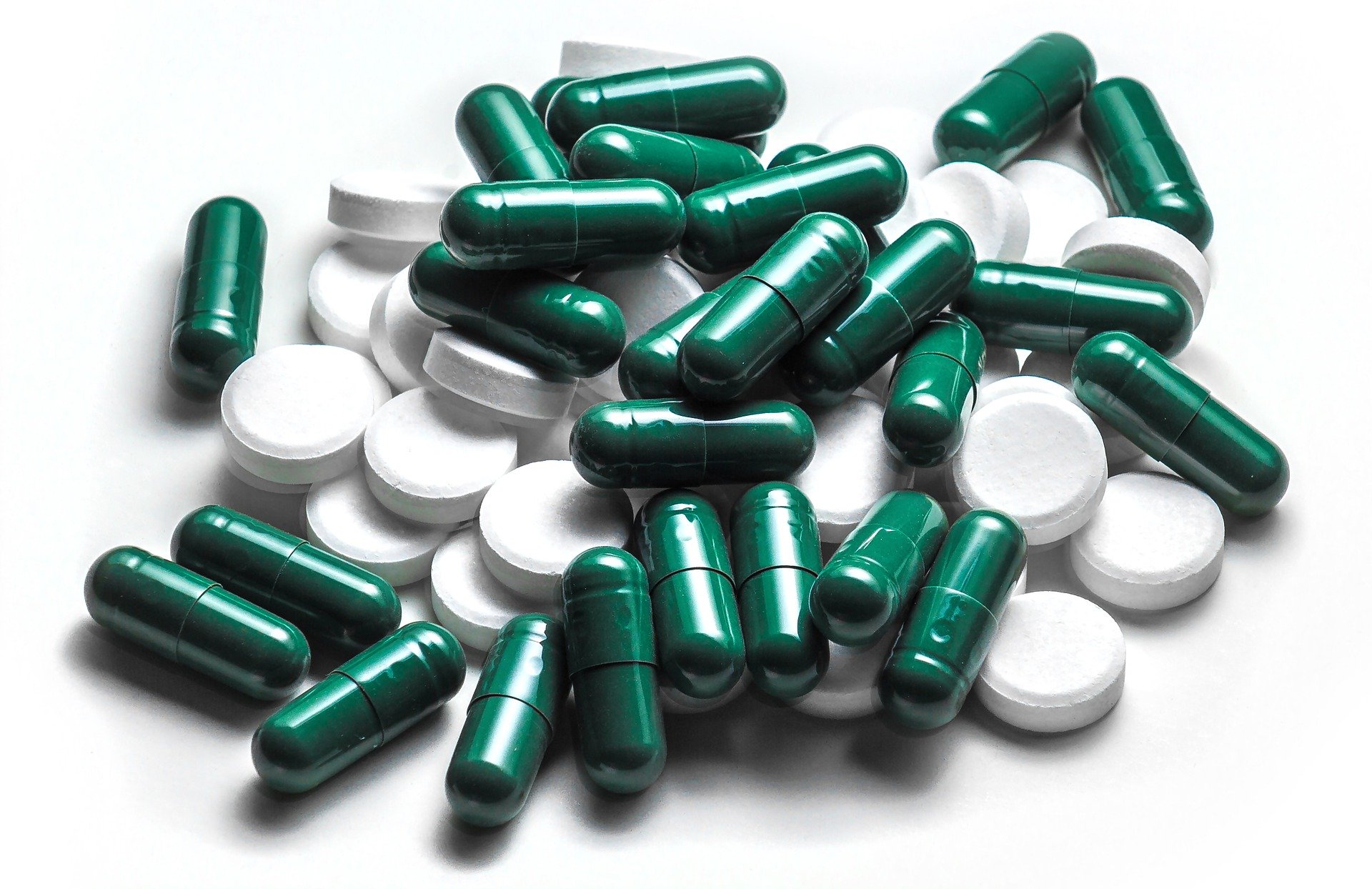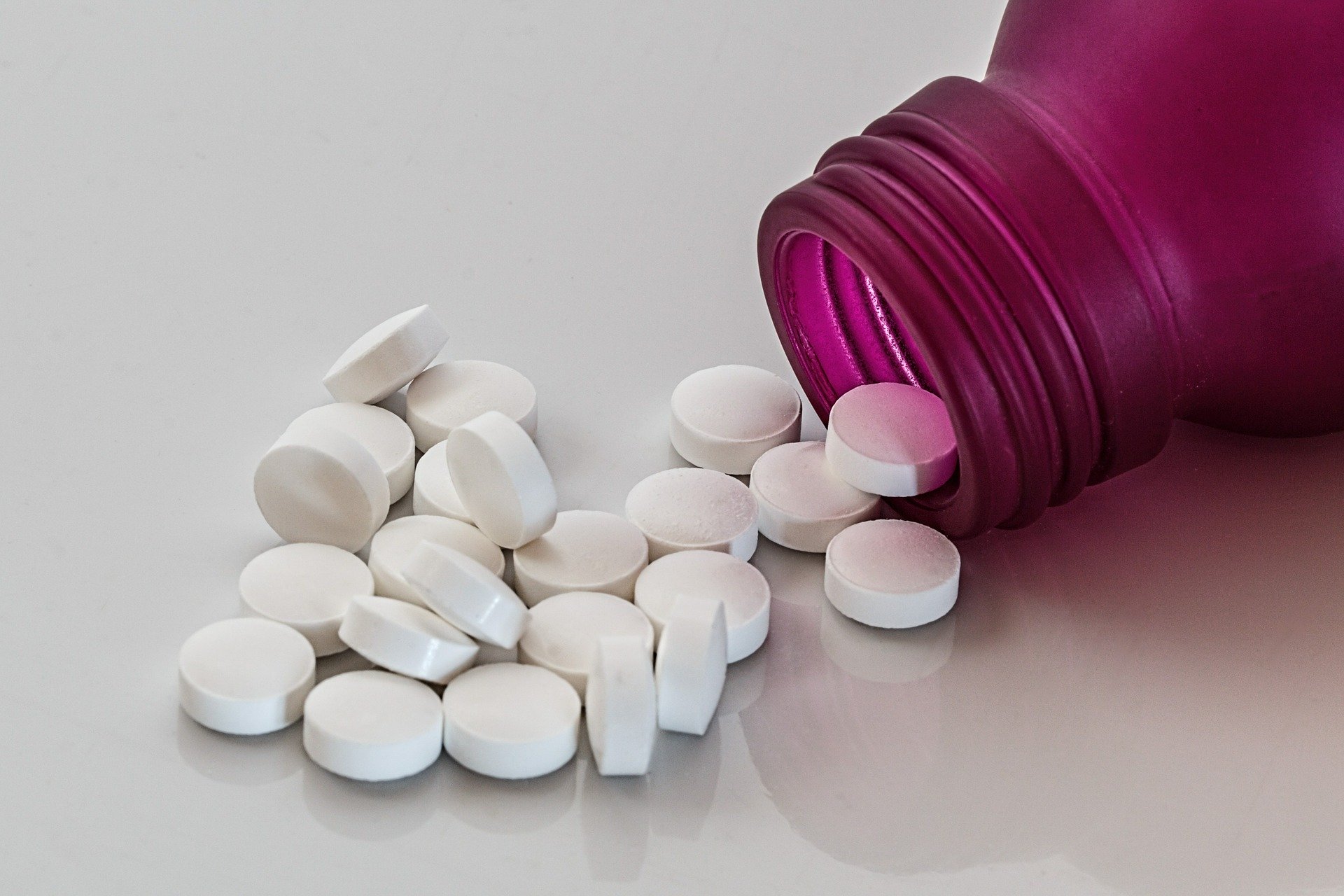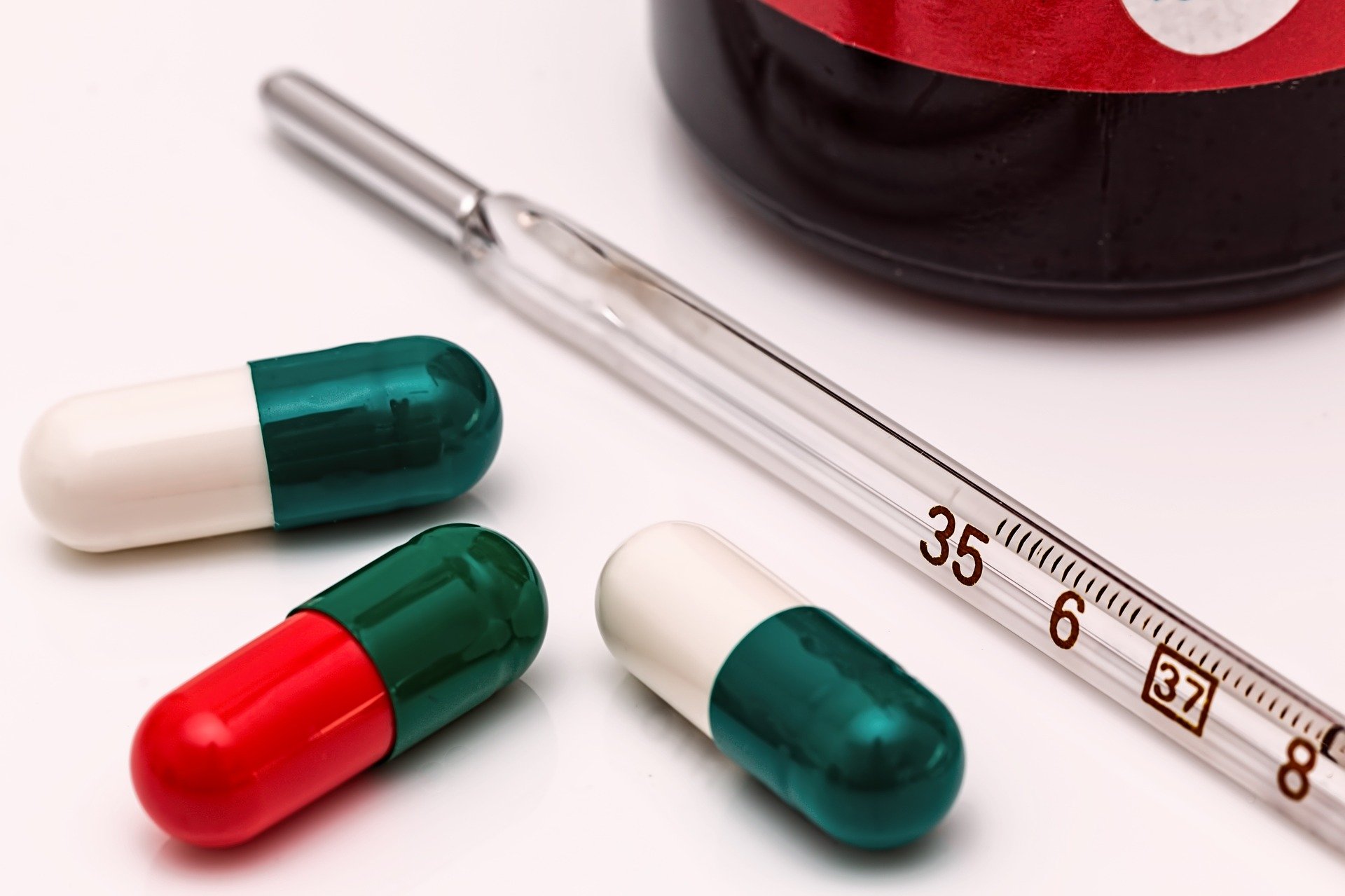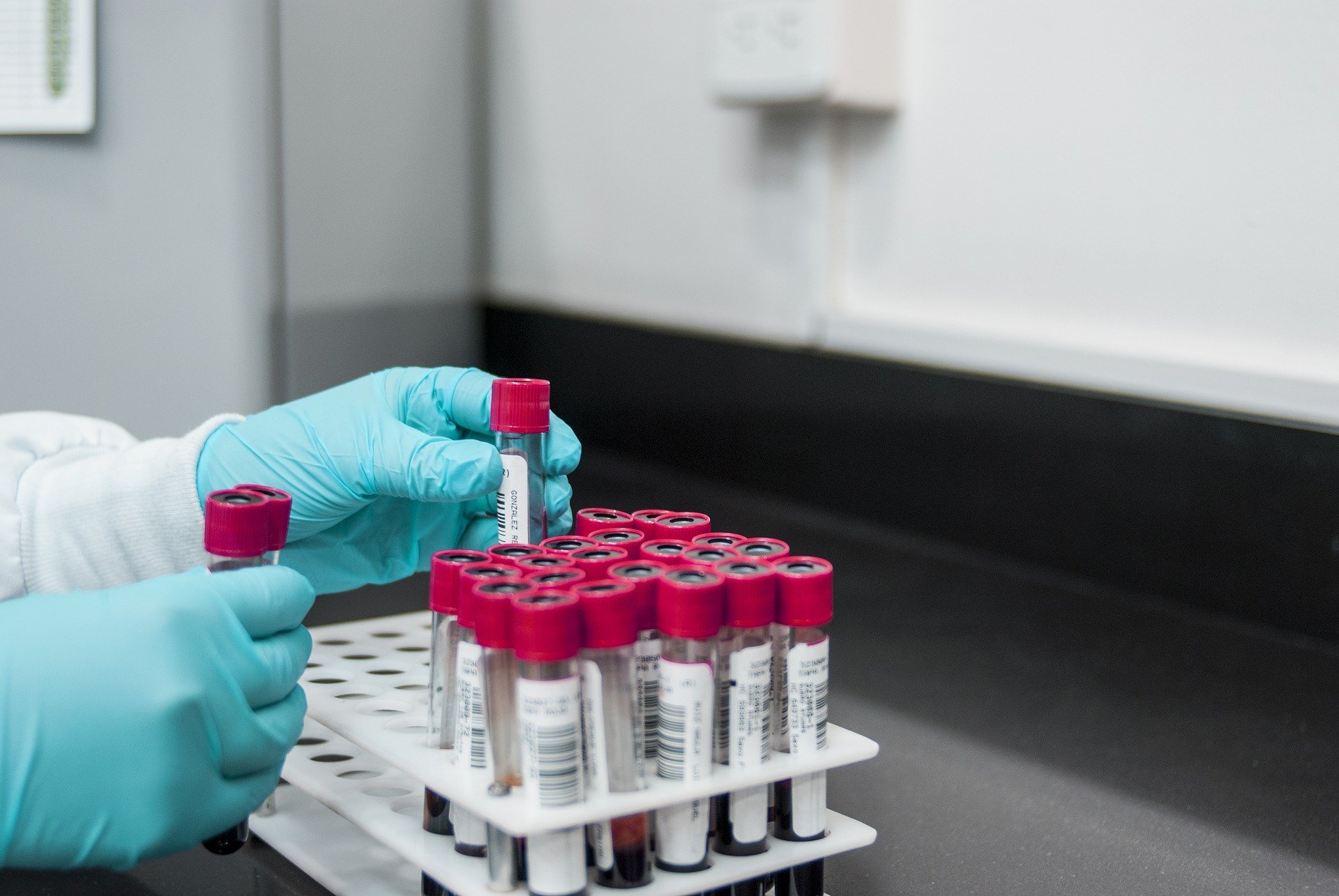Amidst all the COVID-19 vaccine news, Eli Lilly has gained an emergency use authorization (EUA) from the US Food and Drug Administration (FDA) for an investigational antibody drug to be used in the treatment of recently diagnosed COVID-19. The authorization allows for its distribution and emergency use.
The neutralizing antibody, bamlanivimab (LY-CoV555), received the EUA for the treatment of COVID-19 in adults and pediatric patients 12 years and older with mild to moderate disease, who are at high risk for progressing to severe COVID-19 and/or becoming hospitalized. This includes individuals aged 65 years or older, or those who have certain chronic medical conditions.
It is advised that bamlanivimab be given promptly after a positive COVID-19 test and within ten days of symptom onset. The drug is administered via a single intravenous infusion.
Evaluation of bamlanivimab in a Phase II trial has shown that the antibody can reduce COVID-19-related hospitalization or visits to the emergency room within 28 days after treatment, when compared to placebo (from ten percent to three percent), among patients at high risk for disease progression.
Bamlanivimab treatment has not shown any benefit in patients already hospitalized due to COVID-19. The ongoing trial continues to evaluate the safety and efficacy of the experimental therapy.
Related: Eli Lilly and AbCellera Begin Phase I Trials for a COVID-19 Antibody Treatment
Lilly said it will begin immediate shipment of the drug to distributor AmerisourceBergen, and expects to manufacture up to 1 million doses by the end of 2020.
Bamlanivimab now becomes the fourth drug the FDA has authorized for use as a COVID-19 treatment. Last month the FDA gave an emergency use nod to Gilead’s remdesivir, despite mixed data on its effectiveness. Prior to that, the corticosteroid dexamethasone was the only FDA-approved treatment for COVID; it is the only drug that has been shown to reduce mortality in hospitalized patients.
Eli Lilly had partnered with AbCellera to design and test the antibody, which was initially isolated from the blood of a recovered COVID-19 patient. It was then modified in the lab to effectively recognize and bind to the spike (S) protein that covers the outer surface of the virus, blocking the antigen from attaching to host cells to prevent infection.
“This emergency authorization allows us to make bamlanivimab available as a COVID-19 treatment for recently diagnosed, high-risk patients — adding a valuable tool for doctors fighting the now-increasing burden of this global pandemic,” said David A. Ricks, Lilly’s chairman and CEO, in a news release from the company.
Bamlanivimab is not authorized for COVID-19 patients who are already hospitalized or require oxygen therapy due to the infection. This is because monoclonal antibodies such as bamlanivimab may be associated with worse clinical outcomes when administered to hospitalized COVID-19 patients who require high-flow oxygen or mechanical ventilation.
Phase II BLAZE-1 Trial
The EUA was granted based on data from the BLAZE-1 randomized, double-blind, placebo-controlled Phase II trial in which recently diagnosed COVID-19 patients with mild to moderate infection were treated with the antibody in an outpatient setting.
According to preliminary data from the trial, patients treated with bamlanivimab exhibited a reduced viral load, as well as lower rates of symptoms and hospitalizations. The frequency and types of adverse events were similar between bamlanivimab and placebo, with most being mild to moderate in severity. Nevertheless, the EUA includes a warning for hypersensitivity including anaphylaxis and infusion-related reactions.
“The BLAZE-1 data show bamlanivimab, when given early in the disease course, may help patients clear the virus and reduce COVID-related hospitalizations, supporting our belief that neutralizing antibodies can be an important therapeutic option for patients fighting this virus,” said Daniel Skovronsky, MD, PhD, Lilly’s chief scientific officer and president of Lilly Research Laboratories.
Experimental antibodies are proving to be promising in COVID-19 treatments. Current US President Donald Trump is purported to have been treated with Regeneron’s REGN-COV2 antibody cocktail when he contracted the virus. Although far from being a miracle cure — and with limited effectiveness in severe cases of the infection — monoclonal antibodies may be part of an effective strategy in treating COVID-19.












Join or login to leave a comment
JOIN LOGIN